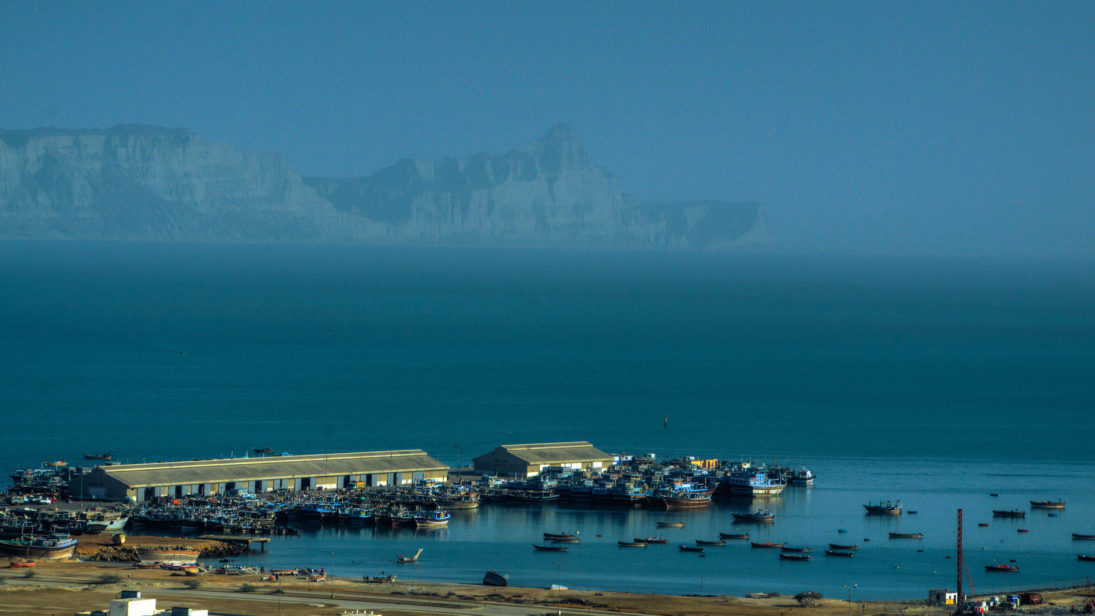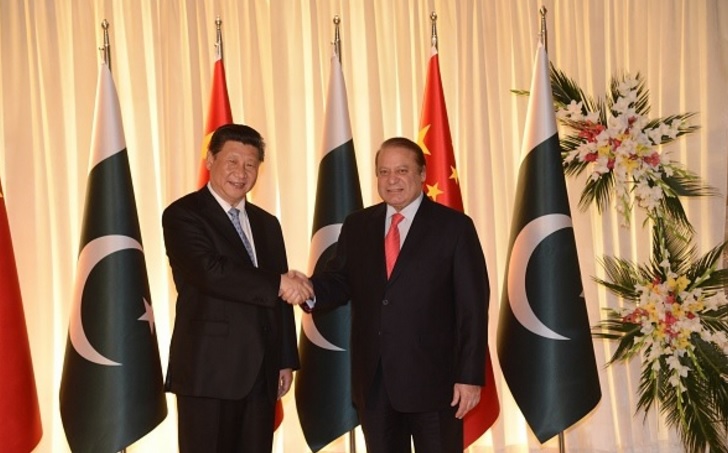
Beyond all the rhetoric, those familiar with China-Pakistan relations are well aware that for decades, there was limited substance in the relations between the two countries. With the materialization of the China-Pakistan Economic Corridor (CPEC), however, China-Pakistan relations finally demonstrate meaningful strategic and economic engagement rather than just talk. CPEC has truly been a “game changer,” as Pakistan likes to call it. Pakistan stands to benefit from CPEC across all sectors, and it may even help establish peace in the country. However, there are a number of challenges that the Government of Pakistan will need to address going forward.
Pakistan, which has been a frontline state in the War on Terror, has not only sacrificed thousands of soldiers and civilians over the course of 16 years, but has also suffered a major economic meltdown. Engaged in a long war and constantly fighting insurgency, Pakistan has not been a desirable market for foreign investment or trade. This lack of economic growth and development has trapped Pakistan in a conflict cycle that perpetuates as the country plummets in every social, economic, and development index. CPEC provides a once in a lifetime opportunity to turn the fate of the nation around.
The enormous Chinese investment provides an opportunity for Pakistan to bring itself out of the conflict trap. CPEC is a roadmap for Pakistan to boost its economy through infrastructure development and energy projects while optimizing on Pakistan’s strategic location to make the country a hub for regional and global trade. Significant Chinese investments across all major sectors is expected to provide Pakistan with the much-needed economic activity, job creation, and Gross Domestic Product growth that is needed to bring some level of stability to the country.
Domestically, businesses of all sizes and in all sectors, including traders, are likely to benefit from the energy projects, industrial zones, and infrastructure development that CPEC will provide. A boost in industry is also likely to increase employment, which has been stalling in Pakistan for years. Major benefits will also be realized by farmers and landowners who will now be fully connected to the major city centers of the country.
In addition to directly contributing to Pakistan’s economic growth, CPEC has been a “narrative changer.” With more than $50 billion pouring into Pakistan, the Karachi Stock Exchange topped the Asian Stock Exchange index in 2016, and every significant global economic and rating agency including Moody’s and Standard & Poor has indicated a positive outlook for the future of Pakistan’s economy. This has increased investor confidence and makes Pakistan a desirable location for foreign investment, which is also likely to shift the global conversation about Pakistan away from security concerns and towards its growing economy – a much needed change in the discourse for Pakistan.

Chinese investment has given Pakistan a major global confidence boost, which it desperately needed to start moving in the right direction. Given the magnitude of the project, CPEC is likely to improve the domestic economy while also benefitting neighboring countries such as Iran and Afghanistan, which have expressed a desire to be involved in CPEC’s strategic plan.
While recognizing the tremendous benefits of CPEC, it is important to note that development projects do not always produce the desired results; sometimes, if not used inclusively and equally, development spending can create divisions within a society. The potential challenge for the Government of Pakistan is to ensure that all political parties and provinces are on board and receive their fair share without politicizing the project.
Maintaining a positive narrative around CPEC is also a challenge. In the age of robust social and traditional media, there is a high risk of misinformation, making CPEC a controversial project. The Government of Pakistan has to take extra measures to maintain transparency and accountability with respect to CPEC projects, and ensure that the correct information reaches the public – especially in the marginalized areas of Baluchistan and Khyber Pakhtunkhwa (KPK).
Another challenge for CPEC is the potential political centralization of the project, which could exclude the bureaucracy. The smooth completion of CPEC requires the support of an efficient bureaucracy. When projects such as CPEC are led in a very centralized way by politicians, there is a risk that the bureaucracy will be left out and lose interest in taking ownership of the project.
With the introduction of CPEC, relations between Pakistan and China will deepen and become more meaningful. For decades, the China-Pakistan friendship was nothing more than mere lip service. CPEC provides an opportunity for the deepening of relations between the two countries, not only with regard to investment and economic growth, but also culturally, with the Chinese language, cuisine, and soft power gaining prominence in the country. Pakistan’s reliance on the West for economic stability has practically ended, as China becomes a major player in Pakistan’s economic future.
***
Editor’s Note: Click here to read this article in Urdu
Image 1: Flickr, umairadeeb
Image 2: Getty Images, Andalou Agency


